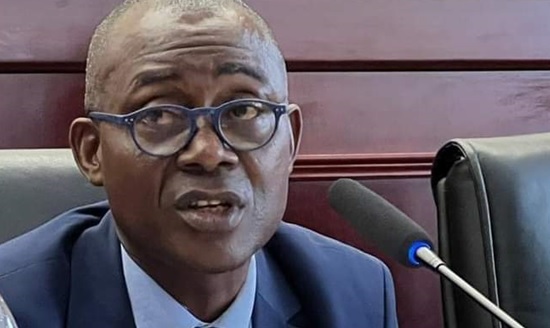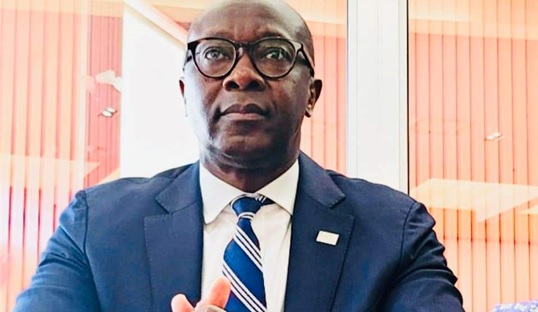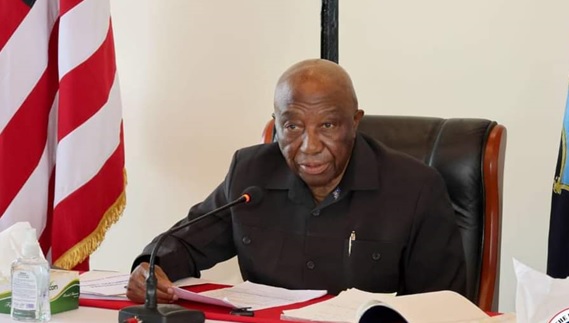MONROVIA – In a significant move to strengthen transparency, justice, and accountability in Liberia, President Joseph N. Boakai officially commissioned Cllr. Finley Y. Karnga as the Ombudsman on Wednesday, August 7, 2024. The Ombudsman’s office, an essential institution mandated by Article 90 (C) of the Liberian Constitution, is responsible for investigating and addressing complaints against government agencies or other institutions regarding violations of the Code of Conduct.
During the commissioning ceremony, President Boakai emphasized the vital role of the Ombudsman in ensuring that public officials are held to the highest ethical standards. The position, he noted, is crucial for promoting fairness in dispute resolution and fostering good governance in Liberia. Cllr. Karnga, as the newly appointed Ombudsman, is expected to lead efforts in addressing misconduct among public officials and ensuring that the principles of transparency and accountability are upheld.
However, just as the office is being reactivated, the Ombudsman faces an immediate challenge. Several high-ranking officials within the Unity Party (UP) and its alliances are currently serving in appointed government positions while simultaneously holding political roles, a situation that contravenes Section 5.1 of the Code of Conduct. This section explicitly prohibits appointed officials from engaging in political activities, using government resources for partisan purposes, or serving on the campaign teams of any political party or independent candidate.
Prominent figures such as Amos Tweh, Managing Director of the Liberia Petroleum Refining Company (LPRC) and Secretary General of UP; Rev. Luther Tarpeh, Chairman of UP and Board Chairman of the National Port Authority (NPA); and several others are at the center of this controversy. To resolve the matter, Cllr. Karnga will need to enforce the Code of Conduct by requiring these officials to relinquish one of their roles—either their appointed government position or their political party affiliation.
Additionally, the Ombudsman is expected to tackle issues related to Section 9.4 of the Code of Conduct, which concerns gifts and offers intended to induce or influence public officials. This section requires that all public officials report any instances where benefits or gifts are offered, especially if such offers are perceived as attempts to influence their official actions. The breach of this section has reportedly been widespread, with many officials continuing to hold their positions without consequence due to the previous inactivity of the Ombudsman’s office.
With the office now fully operational and empowered by President Boakai, it is anticipated that Cllr. Karnga will rigorously investigate and address these issues. Political analysts have lauded President Boakai’s decision to reactivate the Ombudsman’s office, viewing it as a crucial step toward reinforcing democratic principles and promoting a culture of transparency in Liberia.
The pressure is now on Cllr. Karnga to prove his commitment to these ideals. Political observers have called on him to take decisive action against those who fail to comply with the law, ensuring that public officials adhere strictly to the Code of Conduct. The success or failure of the Ombudsman in this endeavor could significantly impact the public’s trust in government institutions and the overall governance landscape in Liberia.







